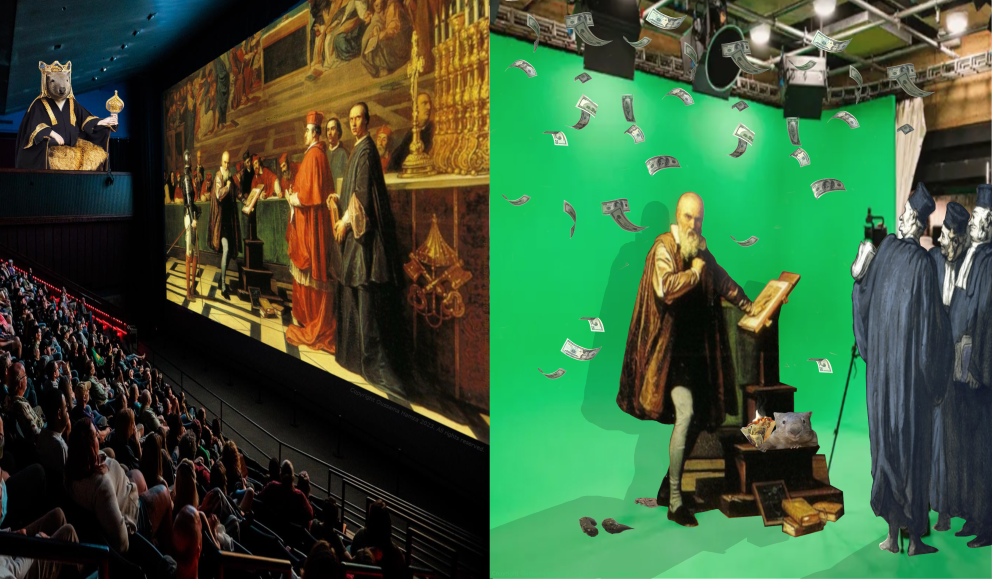Science in the Courtroom

The law is about getting at the truth, right? But isn’t science about that too? In a speech entitled “Judging in a Democratic State”, retired Supreme Court judge Beverley McLachlin wrote that getting at the truth “has been the prime concern of the justice system for centuries.” Only, for centuries modern science and technology didn’t exist, and legal procedures haven’t changed significantly since the time of Galileo. Indeed, McLachlin writes that “Finding the truth is more and more a matter of understanding technical and scientific evidence.” But how does that work with a medieval system that is being pitted against technical evidence, deepfakes, polygraphs, quack doctors and the like? My thesis examines this rich discussion among experts. What are the problems with science in the courtroom and, more importantly, the solutions? Opinions range from those like McLachlin that “By and large, our court system succeeds in getting at the truth” to those of scientists like Neil DeGrasse Tyson that “A courtroom is not about the truth”.